Table of contents
- Introduction Relationships, and Self-Care
- Prioritise the most important items on your list
- Look at your calendar and schedule time with your partner and other loved ones.
- Schedule time for yourself.
- Break tasks down into manageable pieces.
- Ask for help when you need it.
- Delegate as much as possible to other people in your life (co-workers, family members, etc).
- It’s okay to tell people no sometimes, but try not to overdo it!
- Conclusion
- Related Blogs:
Introduction Relationships, and Self-Care
Have you ever felt overwhelmed by numerous responsibilities? Work tasks are stacking up, your significant other is upset, and fatigue is a constant companion. If this scenario rings true, I’m here to offer guidance! I’ve navigated such situations myself and discovered ways to achieve equilibrium. Here are some suggestions to ensure you prioritize self-care while still nurturing your connections:
Prioritise the most important items on your list

Now that you have a list of all the things on your plate, it’s time to prioritize. It’s important to choose which items are the most important to get done and then make sure they happen. This might mean skipping out on social plans in order to complete an assignment or calling in sick when you need more rest.
In order for this process to work well for you, consider what could happen if each item gets pushed back or ignored entirely:
- The project at work could fall through the cracks and cost everyone involved some money or embarrassment
- The friend who invited you out may think less of your commitment level if he/she keeps getting turned down for plans because “something came up”–and this could lead him/her feeling less motivated about future invitations
- Your body will feel run down from overwork without any breaks in between tasks; eventually this will lead into burnout
Look at your calendar and schedule time with your partner and other loved ones.
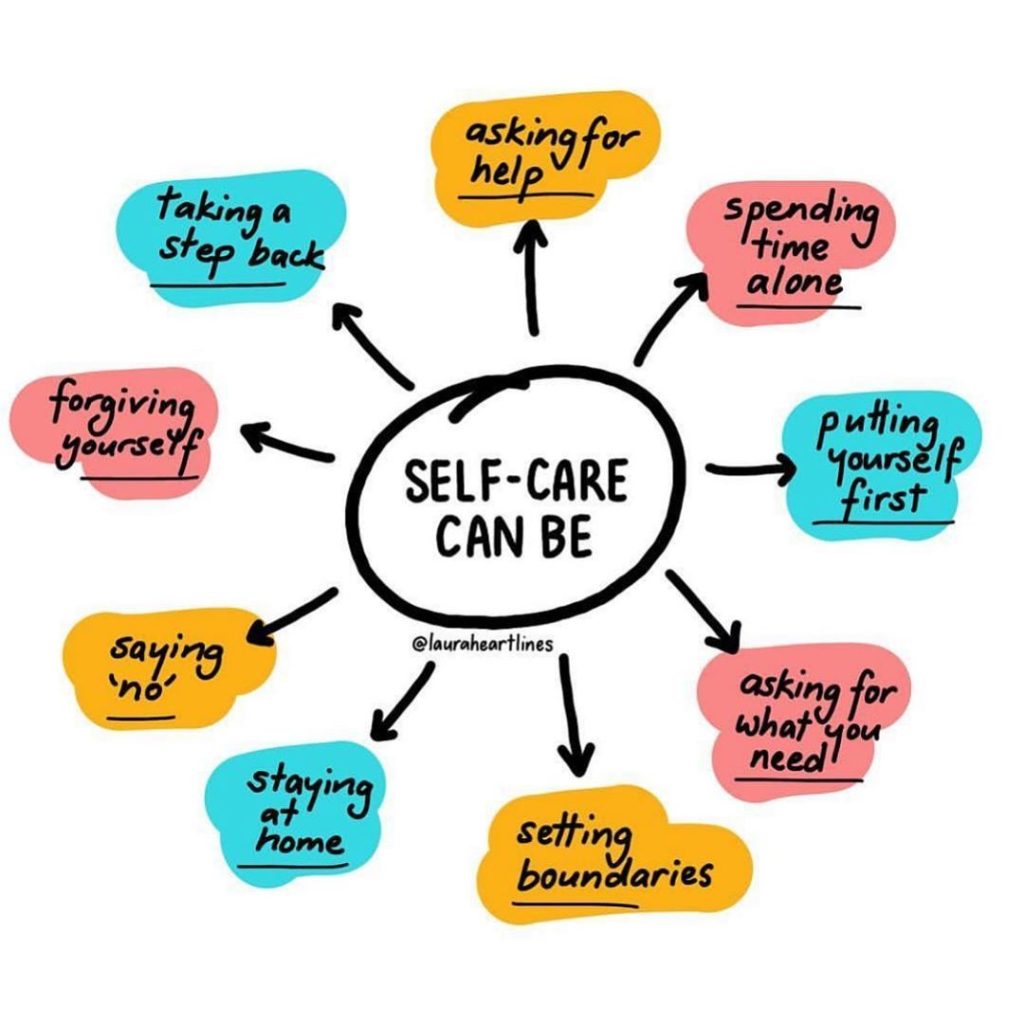
You and your partner both have to carve out time for yourselves, so it’s important that you both do so.
It’s important to set aside time for yourself and your relationship; if you don’t, then it will be difficult for either of you to feel satisfied with the other person or with life in general.
Schedule time for yourself.
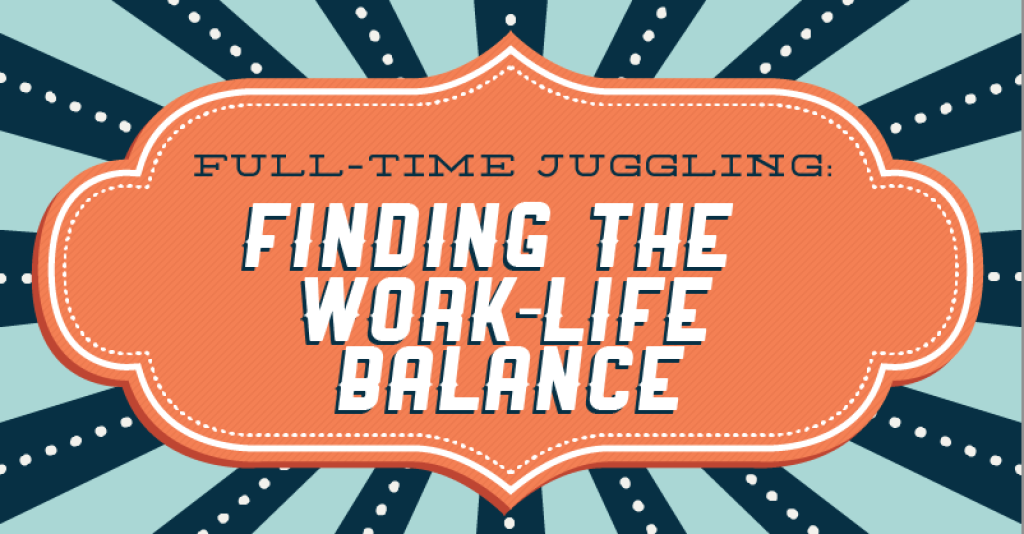
Schedule time for yourself. This can be as simple as setting aside an hour or two each week to do something you enjoy, like reading a book or watching your favorite TV show. It can also be more structured, like making sure you have one evening per week where no work or chores get done so that you can relax and unwind with your partner or friends.
Or try something more active: go on a run, play tennis with friends, or do yoga in the park (weather permitting). Whatever form it takes for you personally, make sure there’s at least some self-care built into your weekly schedule–and then stick to it and also make relationships with close friends!
Break tasks down into manageable pieces.
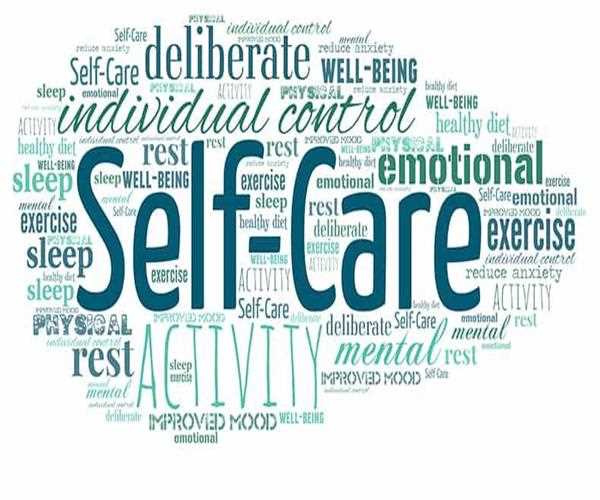
The next time you have a big project, try breaking it into smaller pieces. For example, if you’re working on a presentation for work and want to get it done as quickly as possible–but also want to do a good job–you might break down the task into these steps:
- Write an outline of what I’ll cover in my presentation.
- Prepare slides for each section of my presentation.
- Practice delivering my speech so I can make sure I’m comfortable with its structure and flow.
When you break tasks down like this, they’re easier to manage because they become less intimidating (and therefore more enjoyable). You can tackle one step at a time without feeling overwhelmed by all that needs doing before completion.
This will give both your brain and body time to rest between efforts so that no one part gets overtaxed while another part gets ignored altogether! Plus breaking things up helps ensure quality control over all aspects; if something isn’t right with one piece then fixing it won’t affect other areas further down line either physically OR mentally.”
Ask for help when you need it.
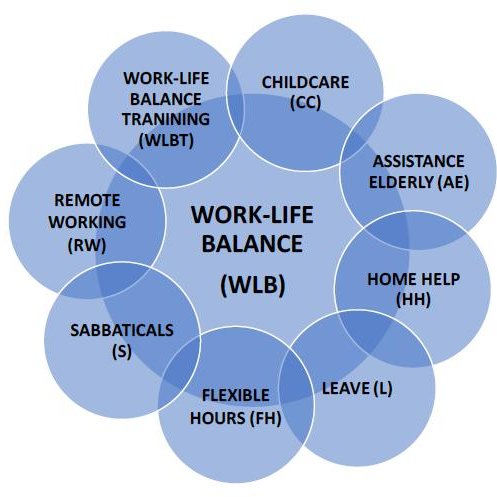
When you’re overwhelmed with work, relationships, and self-care responsibilities, it can be hard to know where to start.
You might feel like you have no time for yourself and are constantly asking others for help. This can create resentment within your relationships–especially if the other person isn’t comfortable giving or receiving help from you.
Instead of asking for help when you need it–and respecting their response if they say no–it might be better to work together in a way that makes sense for both parties’ needs and abilities so everyone feels respected by the arrangement.
For example: If one partner has less free time than another but would still like some quality time together (as opposed to just hanging out while doing separate things), then offer up an activity where both people get involved equally or make sure each person gets equal attention during those activities (like sitting next to each other instead of across). This way everyone feels included in what’s going on without any resentment building up over time!
Delegate as much as possible to other people in your life (co-workers, family members, etc).
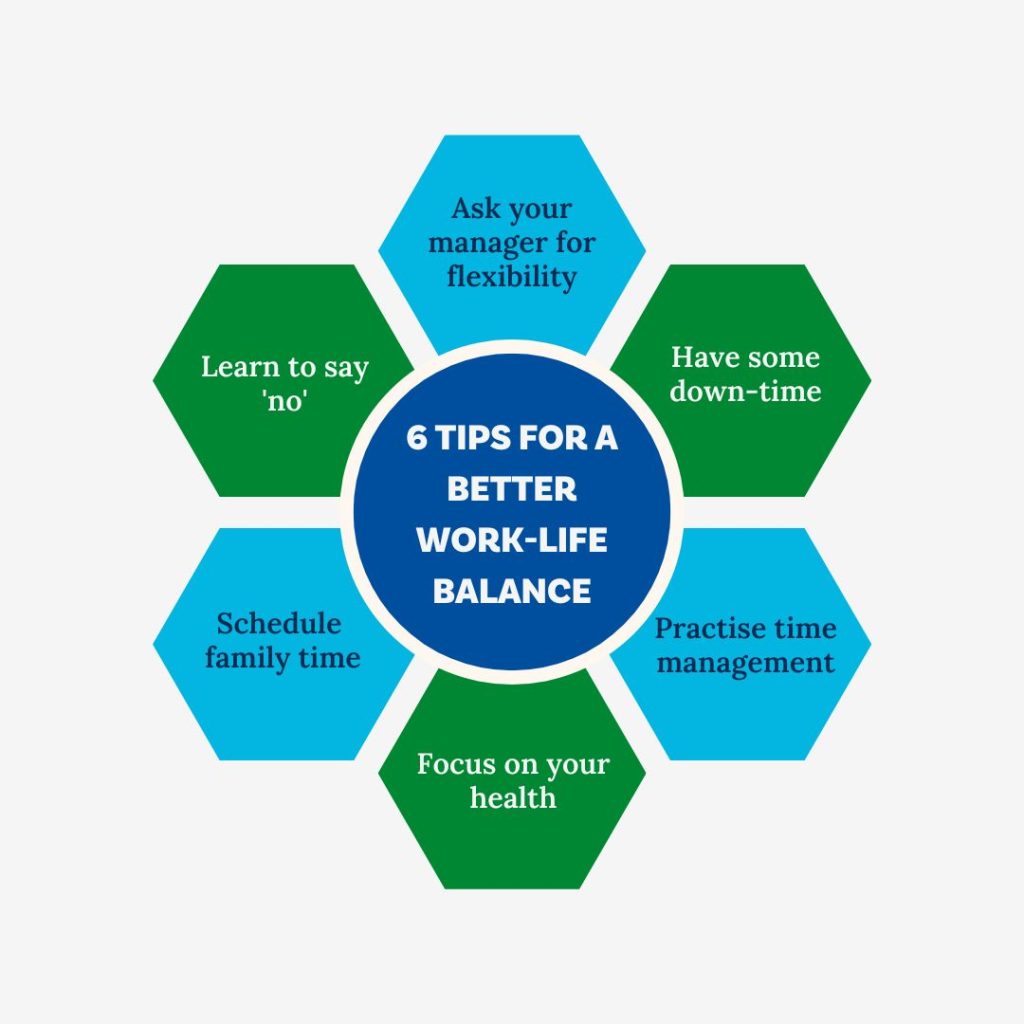
There are a lot of things you can delegate to other people in your life. If you’re struggling to find time for self-care, try asking for help from co-workers and family members. Don’t be afraid to ask someone who works at the same company as you, or even ask someone who is not as familiar with your daily routine–you may be surprised by how willing they are!
If there’s anything that comes up during this process that makes you uncomfortable (such as asking a family member), remember: it’s okay! Your needs come first, so don’t hesitate when asking others if they’ll help out with something on occasion.
It’s okay to tell people no sometimes, but try not to overdo it!
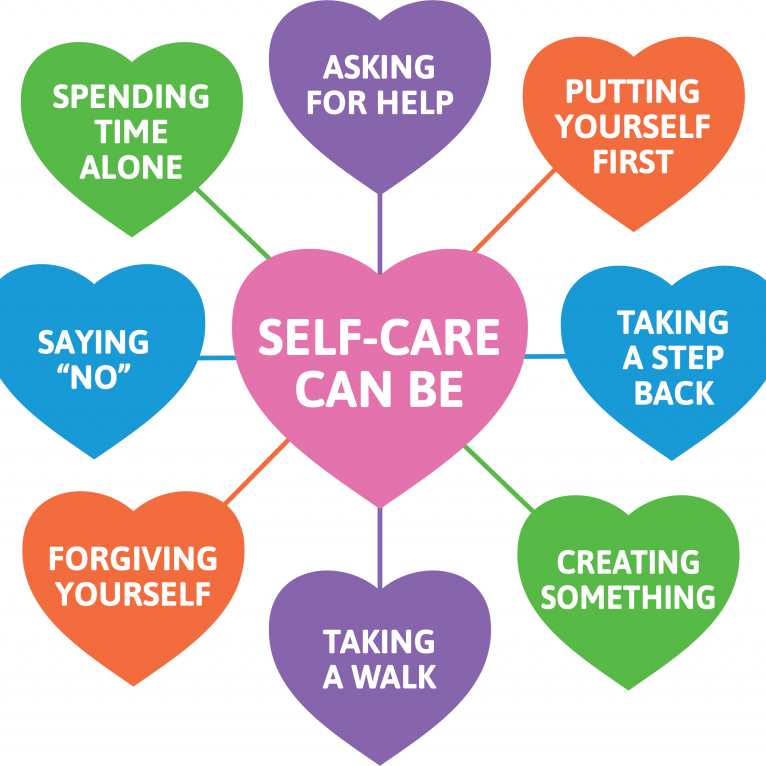
It’s important that you don’t feel guilty about not being able to do everything. You have your own life and priorities, and no one else should be able to dictate what those should be–especially when they don’t take into account how much time or energy you have available. Remember: You’re human.
You can only do so much in any given day, and if someone asks too much of you while also expecting perfection from yourself as well as others (like family members), then things will likely fall apart at some point down the road–and this isn’t fair on anyone involved!
So learn how much pressure is reasonable before saying yes or no according to personal relationships circumstances; then stick by these boundaries consistently throughout all relationships in order maintain balance between work/family/self-care needs vs social engagements outside those spheres altogether.”
Conclusion
The key to finding balance is to remember that it’s not a one-size-fits-all solution. You need to do what works for you and relationships an self-care with your life, not what someone else tells you is best. It can be tempting when things get stressful to try something new–like taking a break from work or switching up your routine–but if it doesn’t feel right for you, then don’t do it!
The point of this exercise isn’t necessarily about finding an exact formula for success but rather figuring out what helps make things easier so that when life gets busy again (and it will), you’ll know exactly where your priorities lie.”
Related Blogs:
Uncover Your Inner Drive: Effortless Strategies for Elevating Daily Motivation
How To Motivate Yourself To Workout When Depressed
How To Motivate Employees Without Money



